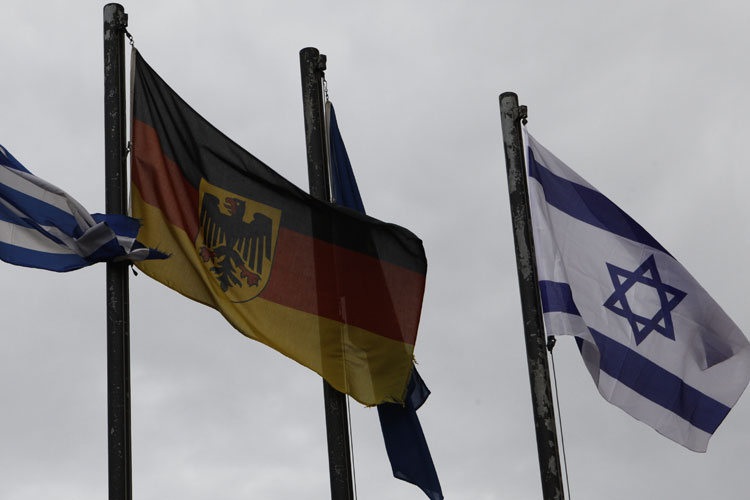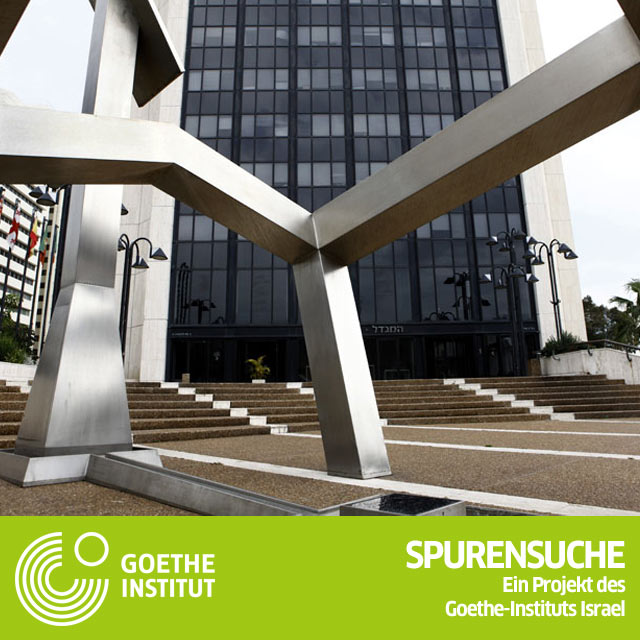For all countries of the world “with the exception of Germany” / 50 years of diplomatic relations
For all countries of the world “with the exception of Germany”
Nobody in Israel thought this development possible after the state was founded in 1948 when the decision was taken to ban any German from entering the country and any Israeli from travelling to Germany. Until 1956 all Israeli passports contained the endorsement: For all countries of the world “with the exception of Germany”. They didn’t want to have anything more to do with the people responsible for the Holocaust.
But Israeli national interests, political morals and realism on the part of the Germans against the backdrop of developments in world politics, as well as a whole series of bilateral agreements, ultimately led to closer links after all. The foundation stone for the bilateral relations was the Reparations Agreement signed in September 1952 in Luxemburg by Israeli Prime Minister David Ben Gurion and the German Chancellor Konrad Adenauer.
50 years of diplomatic relations
To achieve this, both heads of state won through in the face of massive resistance in the cabinet, parliament and the population. The Germans, who were as yet unaware of the imminent economic miracle, saw their country lying in ruins and wanted anything but to be reminded of their crimes – the Israelis did not want to accept money in compensation for the murder of their six million relatives.
In 1965 diplomatic relations were officially established. Today there are also honorary consuls in Eilat and Haifa.
German Traces in Israel
A project by the Goethe-Institut Israel
Author: Gisela Dachs
Photos: Noa Ben-Shalom



